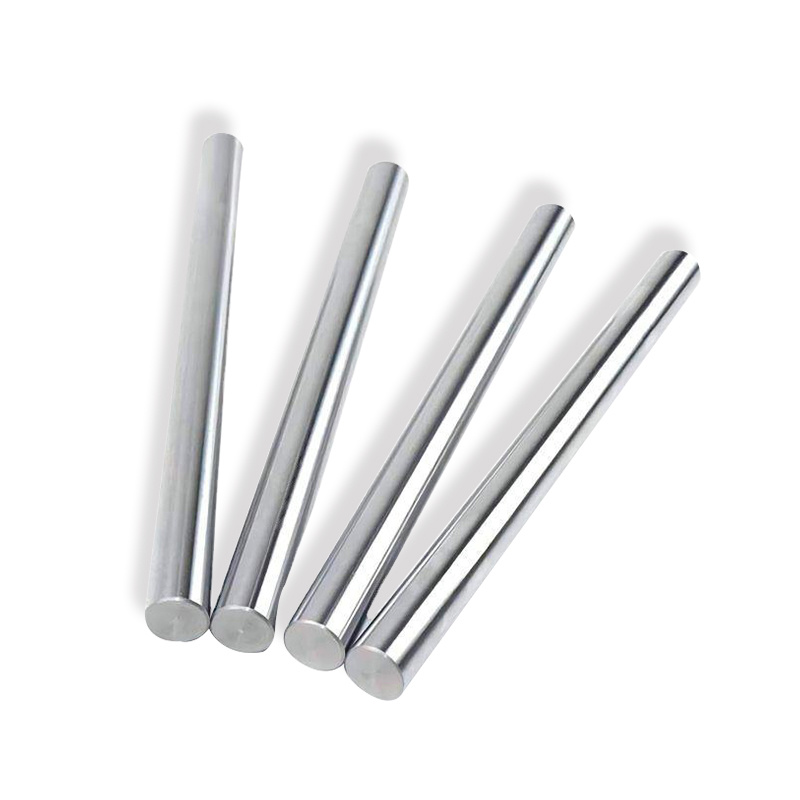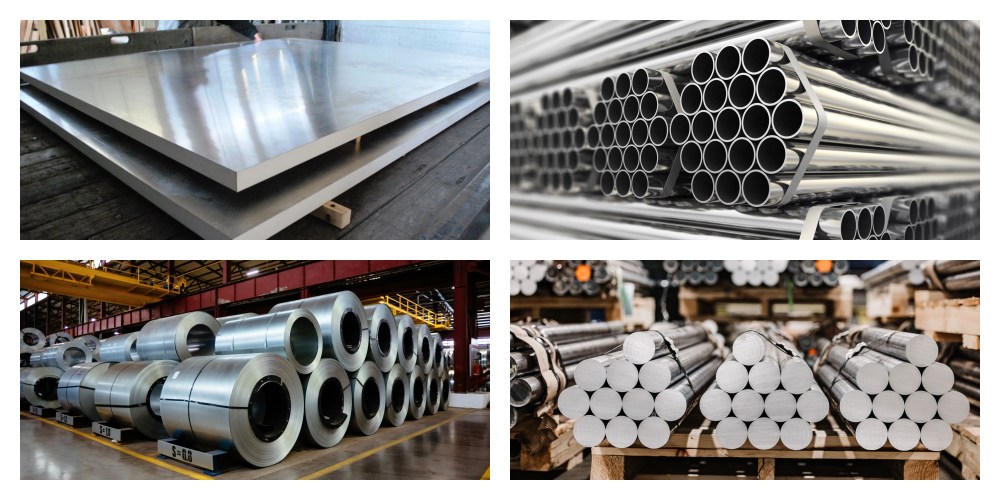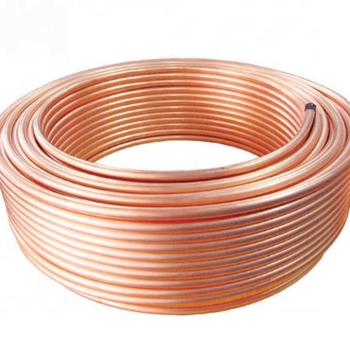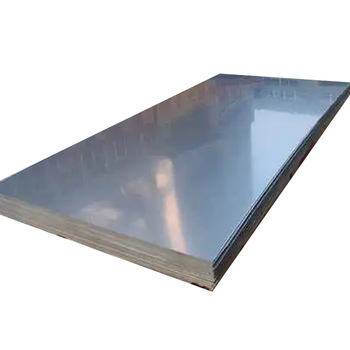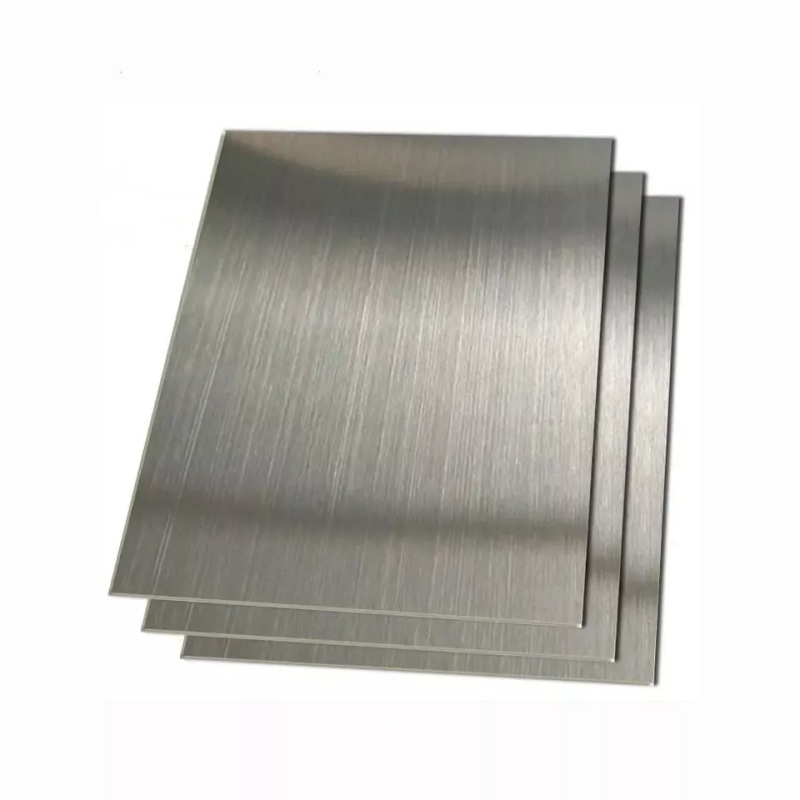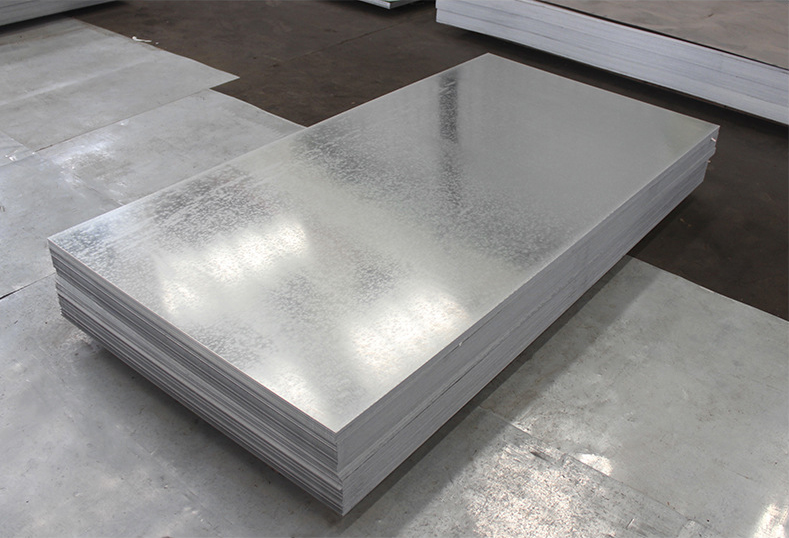304L Stainless Steel Bar Description
304L stainless steel bar is used where welding is involved, as a variant of 304 stainless steel bar. The lower carbon content greatly lowers the precipitation of carbides in the heat-affected zone close to the weld, and such precipitation is likely to lead to intergranular corrosion of stainless steel in certain settings. Basically, their is no need to anneal weld joints prior to using the completed metal form using 304L, saving time and effort. As a matter of fact, both 304 and 304L stainless steel bars can be used for many of the same applications. The differences are often minor enough that one isn’t considered massively more useful over the other. 304L stainless steel bars are commonly used as manufacturing parts in fields such as food processing equipment, building materials, automobile parts.
Product Parameters
| Product Name | 304L Stainless Steel Bar | |
| Type | Steel Bar | |
| Outer Diameter | Round Bar | 4mm-500mm |
| Hexagon Bar | 18mm-57mm (11/16″ to 2-3/4″) | |
| Square Bar | 18mm-47mm (11/16″ to 1-3/4″) | |
| Flat Steel | 1/2 “to 10”, Thickness: 2mm-150mm, Can provide customized | |
| Length | 1-6 meters, Length can be customized | |
| Standard | ASTM, AISI, JIS, GB, DIN, EN, etc. | |
| Surface | Black, Bright Polished, Rough Turning, Mattness Surface Treatment, No. 4. BA, etc. | |
| Scope of Application | Stainless steel bars are used in a variety of industries such as shipbuilding,
Defense, Automotive, Textiles, Paper and pulp, Manufacturing, Cement, Heavy earthmoving equipment and construction, etc. |
|
Chemical Composition
| C | Si | Mn | Cr | Ni | S | P |
| ≤ 0.03 | ≤1.0 | ≤ 2.0 | 18.0~20.0 | 8.0~12.0 | ≤ 0.03 | ≤ 0.035 |
Mechanical Properties
| Tensile Strength Kb (MPa) | Yield Strength σ0.2 (MPa) | Elongation D5 (%) | Hardness |
| ≥ 520 | ≥ 205 | ≥ 40 | ≤ 187HB ;≤ 90HRB;≤ 200HV |
Physical Performance
| Density(g/cm³) | Modulus of Elasticity(Gpa) | Coefficient of Thermal Expansion(10-6/°C) | Coefficient of Thermal Conductivity(W/m*K) | Resistivity(ΜΩ. cm) |
| 8.03 | 193 | 16.9 | 16.2 | 72 |

